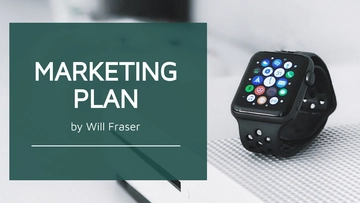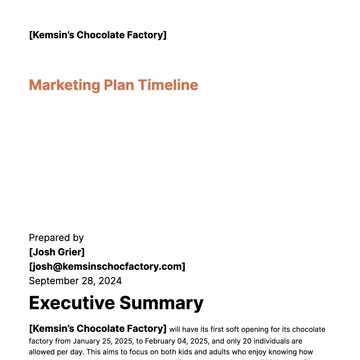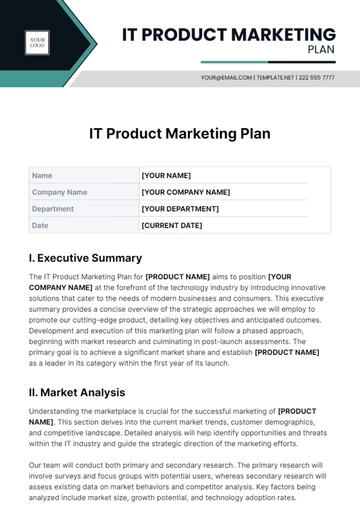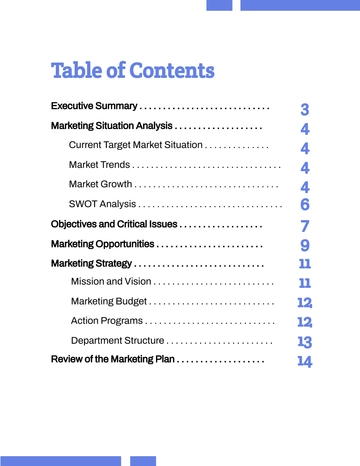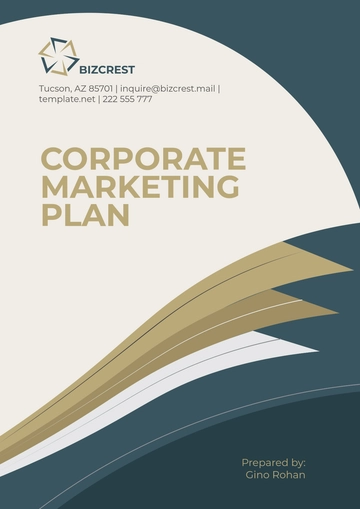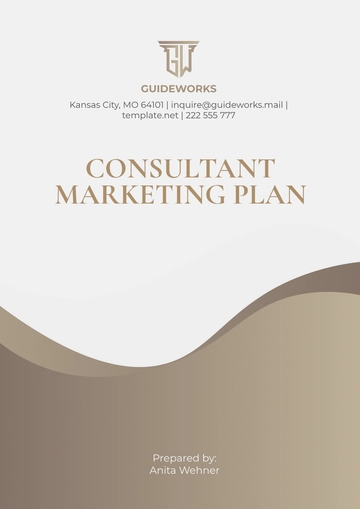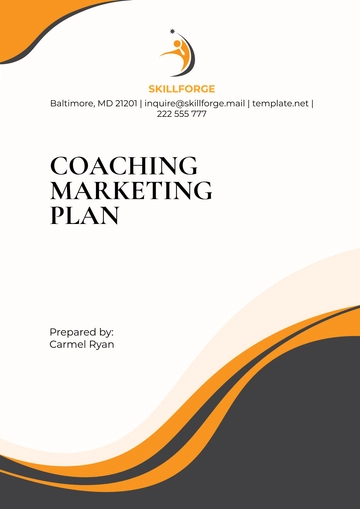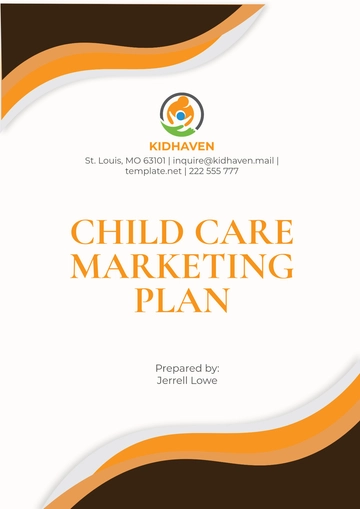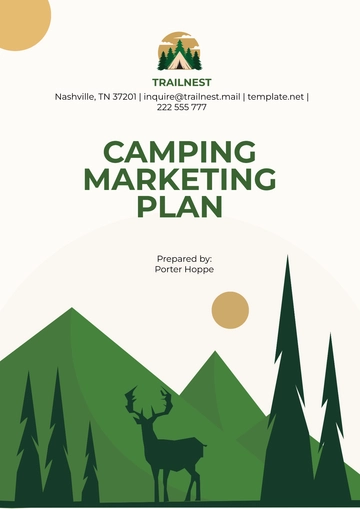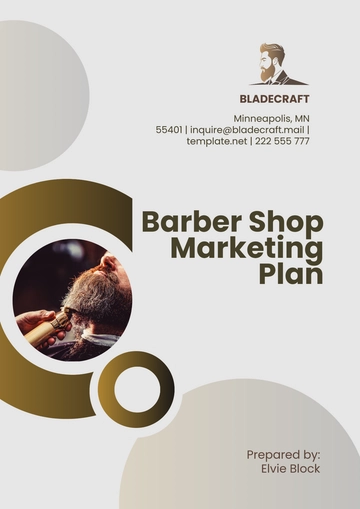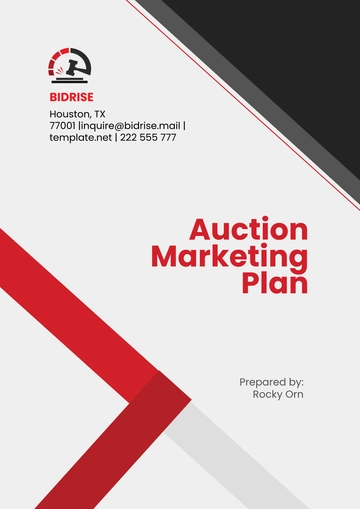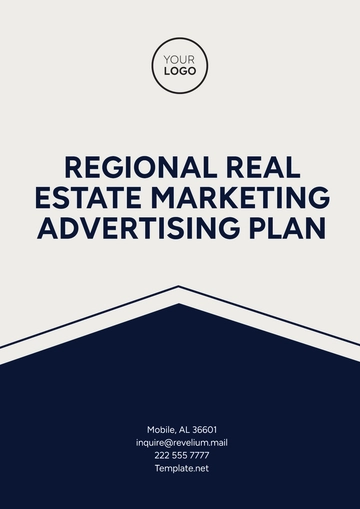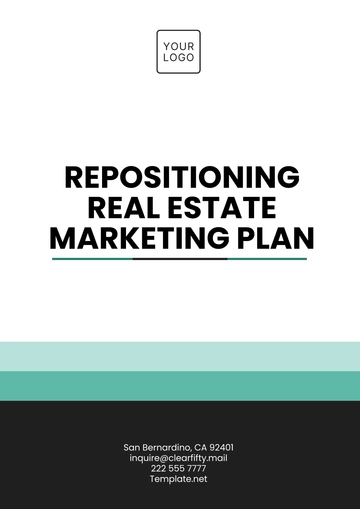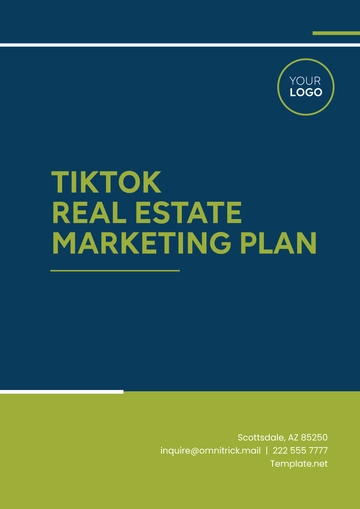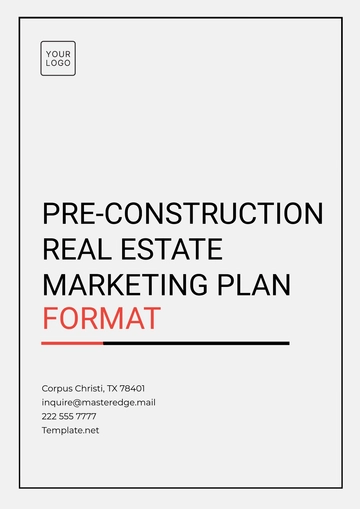Free SaaS Marketing Plan
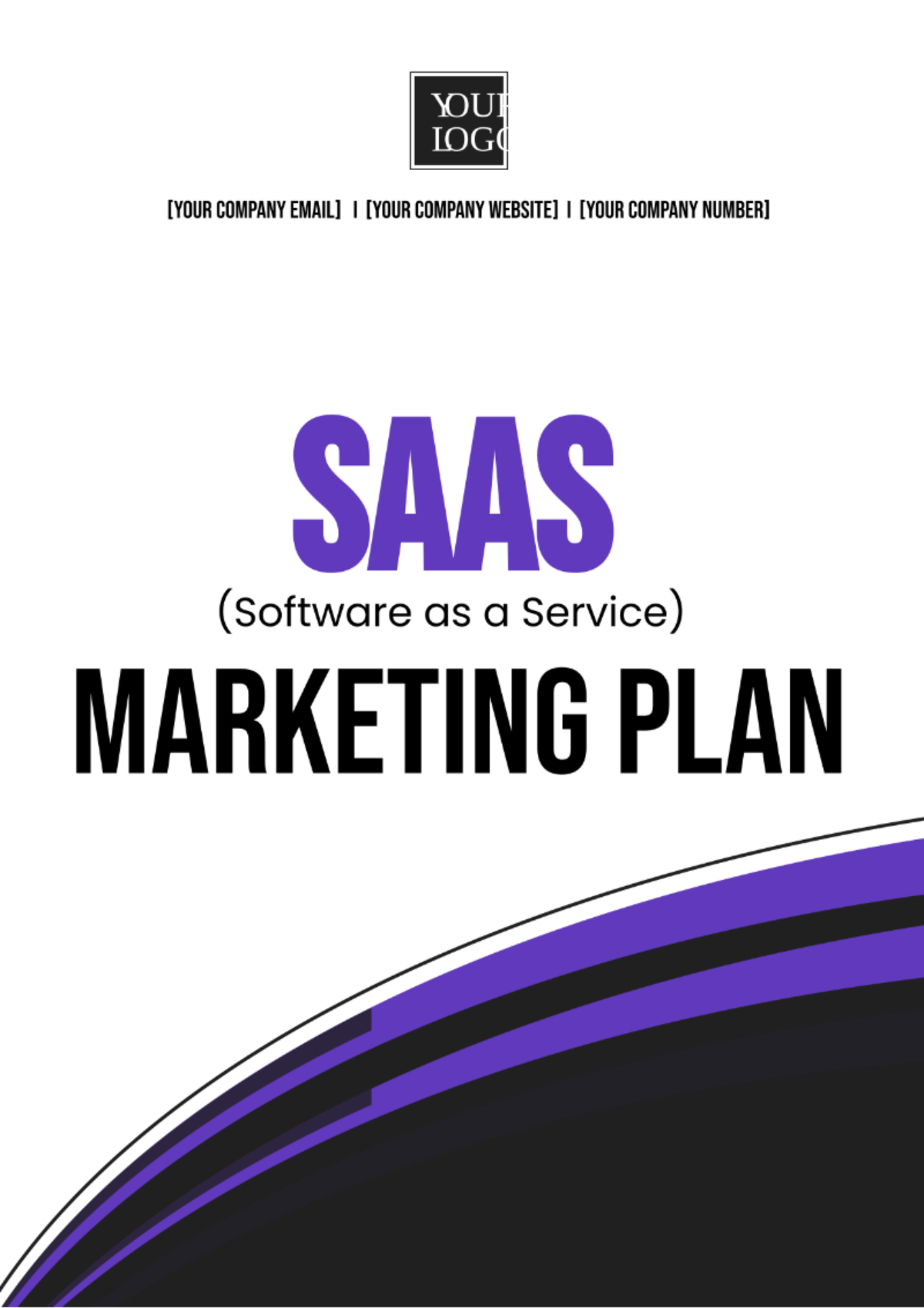
Prepared by: [Your Name]
I. Executive Summary
This section provides an overview of the marketing strategies and objectives for the launch of the new SaaS product/service by [Your Company Name].
It summarizes the main points of the marketing plan, offering a snapshot of what is to be achieved and how.
Additionally, it briefly outlines the unique selling points and value proposition of the new SaaS product/service.
II. Situation Analysis
Current Market Conditions:
Market Size: The global SaaS market was valued at $145.1 billion in [Year] and is expected to reach $307.3 billion by [Year], growing at a CAGR of 12.1%.
Key Trends: Shift towards subscription-based models, increased demand for cloud-based solutions, focus on data security and compliance.
Challenges: Intense competition, market saturation in some segments, and data privacy concerns.
Competitive Analysis:
[Competitor A]: Offers similar features but lacks robust customer support.
[Competitor B]: Targets a different market segment but has a strong presence in the industry.
SWOT Analysis:
Strengths: Innovative product features, and strong brand reputation.
Weaknesses: Limited market presence, and high customer acquisition cost.
Opportunities: Growing demand for SaaS solutions, and expansion into new markets.
Threats: Competitive pressure, and rapid technological advancements.
III. Target Market
Primary Target Market:
Small and medium-sized businesses (SMBs) in the technology sector with 50-200 employees, located in urban areas.
Secondary Target Market:
Startups in the healthcare sector with less than 50 employees, located in emerging markets.
IV. Marketing Objectives
Objective 1: Acquire 500 new customers within the first six months of product launch.
Objective 2: Achieve a 20% increase in customer retention rate by the end of the first year.
Objective 3: Generate $1 million in revenue from upselling and cross-selling efforts within the first year.
V. Marketing Strategies and Tactics
Digital Marketing: Utilize Facebook and LinkedIn advertising to target SMBs, focusing on the benefits of the SaaS product for their businesses.
Content Marketing: Develop a series of blog posts and case studies showcasing the impact of the SaaS product on healthcare startups.
Partnership and Networking: Establish partnerships with industry influencers to promote the SaaS product to their followers.
Sales Strategy: Implement a hybrid sales model, combining direct sales with channel partners to reach a wider audience.
VI. Budget
Total Marketing Budget: $500,000
Allocation:
Digital Marketing: $200,000
Content Marketing: $100,000
Partnership and Networking: $50,000
Sales Strategy: $150,000
VII. Monitoring and Evaluation
Metrics:
Customer Acquisition Cost (CAC)
Customer Lifetime Value (CLTV)
Conversion Rate
Tools:
Google Analytics for website traffic analysis
Customer Feedback Surveys for collecting customer opinions
Performance Dashboards for real-time monitoring of key metrics
VIII. Schedule
Pre-Launch Phase (Month 1-2): Market research, finalize product features, and develop marketing materials.
Launch Phase (Month 3): Official product launch, marketing campaigns kick-off.
Post-Launch Phase (Month 4-12): Continuous monitoring, optimization of marketing strategies, and expansion into new markets.
IX. Legal and Regulatory Considerations
Ensure compliance with GDPR and CCPA regulations regarding data collection and storage.
Ensure the software meets industry standards and regulations.
Adhere to advertising standards set by regulatory bodies to avoid any misleading or deceptive practices.
X. Appendix
Market Research Findings:
Detailed analysis of market trends, customer preferences, and competitor strategies.
Data on the size and growth rate of the target markets.
Customer Testimonials:
Quotes from beta testers or early adopters highlighting the benefits and value of the SaaS product/service.
Case Studies:
Success stories of businesses that have benefited from using the SaaS product/service.
Examples of how the product/service solved specific challenges for customers.
Visual Aids:
Infographics illustrating key market data or customer demographics.
Charts or graphs showing the projected growth of the SaaS market and the expected market share of [Your Company Name].
- 100% Customizable, free editor
- Access 1 Million+ Templates, photo’s & graphics
- Download or share as a template
- Click and replace photos, graphics, text, backgrounds
- Resize, crop, AI write & more
- Access advanced editor
Maximize your SaaS marketing strategy with the SaaS Marketing Plan Template from Template.net. This customizable, downloadable, and printable template offers a comprehensive framework for planning successful SaaS marketing campaigns. With editable features in our AI Editor Tool, tailor the plan to your product's specific needs. Streamline your SaaS marketing efforts for better results.
